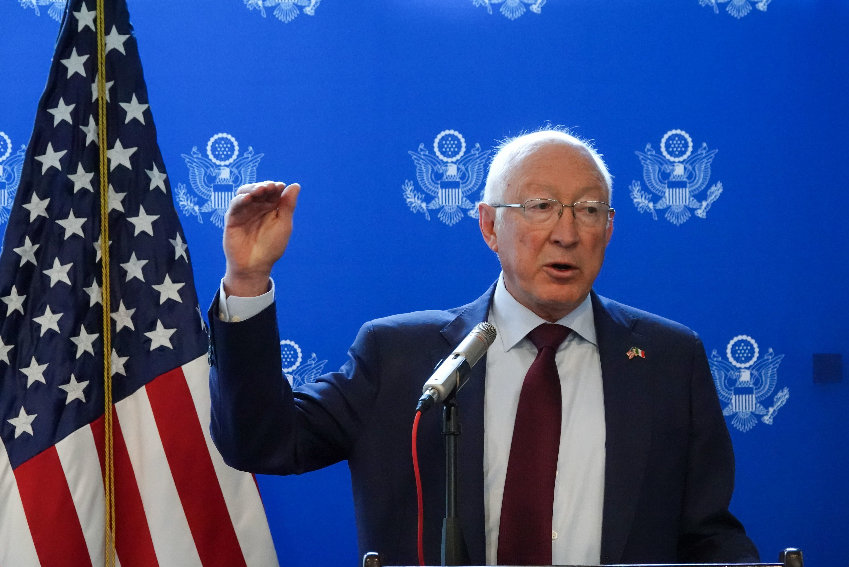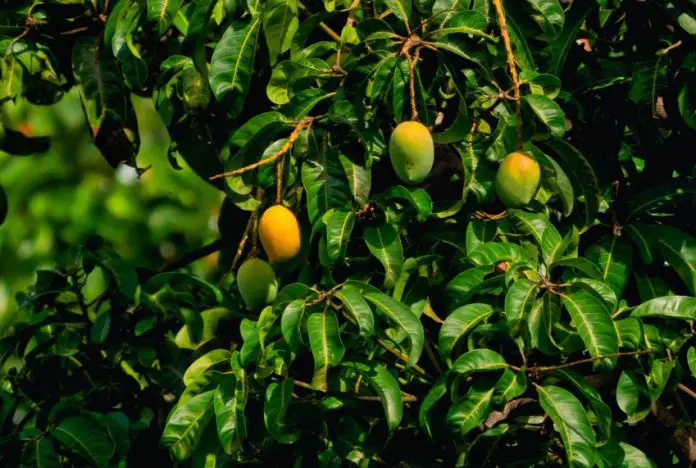The U.S. Department of Agriculture (USDA) will resume inspections of avocados and mangoes from the Mexican state of Michoacán as “quickly as possible,” according to a USDA spokesperson quoted by Reuters. However, the anonymous source said last week’s ban would remain in effect until “protocols and safeguards are established.”
A suspension of inspections — and thus a halt to exports — was imposed on June 14, following an incident in which two USDA employees were attacked and detained in a rural part of Michoacán, according to a statement from U.S. Ambassador Ken Salazar. The Mexican avocado export association APEAM confirmed that the USDA had also halted exports of avocados that already passed inspection.

Salazar made clear that no other Mexican exports were blocked and the pause would not affect avocados and mangoes already in transit.
President Andrés Manuel López Obrador addressed the issue at his Wednesday morning press conference, saying that Mexico would not file a complaint under the United States-Mexico-Canada Agreement (USMCA), and that Mexico’s Foreign Relations Minister Alicia Bárcena is holding consultations with Salazar.
Michoacán Governor Alfredo Ramírez Bedolla told reporters on Monday that Mexican authorities were working with U.S. officials to resolve the situation. Ramírez is scheduled to meet with Salazar on Monday.
Meanwhile, farmers from the state are lobbying U.S. officials to allow avocados that had already been inspected to be exported, according to the newspaper La Voz de Michoacán.

The association representing the farmers met with Salazar on Thursday, but the ambassador and his team told them no action would be taken until new security protocols were established. U.S. officials told the farmers that the safeguards established in a 2022 agreement have not been met.
The state of Michoacán produces the majority of Mexico’s avocados and is one of Mexico’s primary avocado exporters. However, the state has suffered from cartel violence and widespread extortion, as organized crime groups fight for control of the state’s agricultural production and drug-trafficking routes.
The cartels are known to force farmers to pay protection money and avocado- and lime-producers have been especially hard hit. Mexico is the world’s leading producer of avocados and exports in 2023 to the United States were worth US $2.7 billion, according to California Fruit & Vegetable Magazine.
An April USDA report forecast Mexico’s 2024 avocado production at 2.77 million metric tons (MMT), a 5% increase over 2023 on strong export demand.
Two years ago, the U.S. briefly banned avocado imports from Mexico following threats to a USDA inspector in Michoacán.
With reports from Milenio, CNN and La Voz de Michoacán
